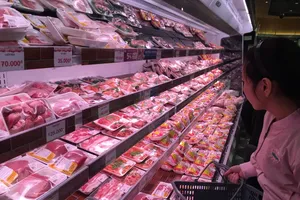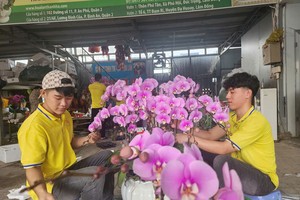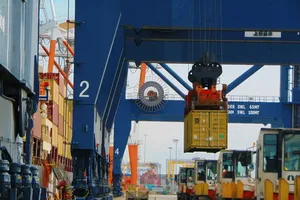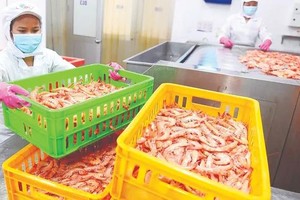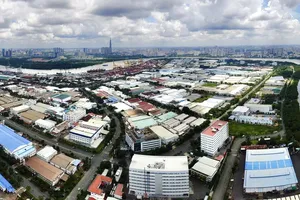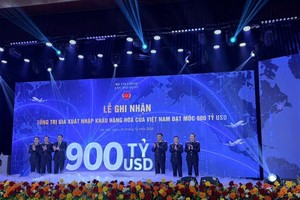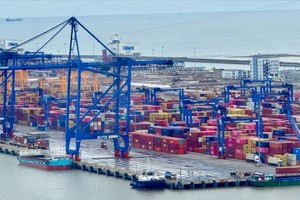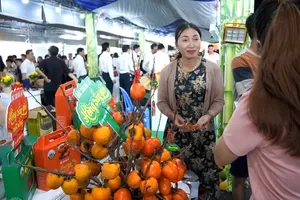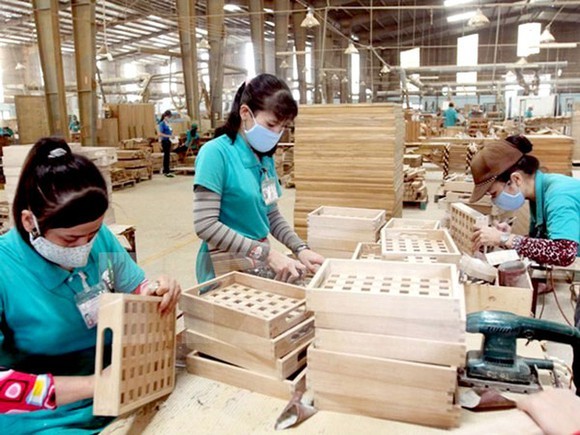
The US, Japan, and Hong Kong and Taiwan (China) remained the largest importers of the locality’s wood and wooden products.
Benefiting from the EU-Vietnam Free Trade Agreement (EVFTA), which took effect from August 1 last year, Binh Duong’s wood industry has expanded exports to EU member nations.
Many multinational companies have started shifting their production bases from other countries to Vietnam, while Vietnamese businesses have also began their restructuring and participated in global supply chains.
The strong development of the wood industry in the year was attributed to these, BIFA said.
Dien Quang Hiep, Chairman of BIFA, said enterprises tend to promote the application of technologies in production and management, adding that Binh Duong’s wood industry is mapping out sustainable strategies to further develop its market.
He noted that the sector has experienced many fluctuations in the context of trade tensions between major powers, and faced difficulties related to materials for production.
Support industries serving the sector have not yet developed, he added.
In particular, the requirement to strictly comply with commitments related to trade and technical barriers, rules on origin and environment within the EVFTA also puts pressure on local wood producers.
